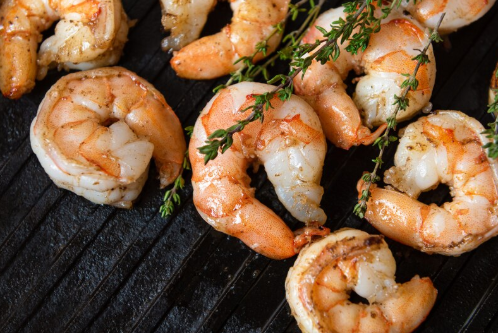As summer heats up and residents flock to South Carolina’s picturesque Lowcountry beaches, a growing concern is casting a shadow over the plates of eager seafood lovers: is the “local shrimp” on the menu truly from South Carolina waters, or is it imported from overseas?
Recent developments have brought this issue to the forefront, with allegations that many Lowcountry restaurants are misrepresenting the origin of their shrimp. The South Carolina Shrimpers Association has reportedly taken legal action against numerous establishments, citing genetic testing results that allegedly show imported shrimp being served despite claims of it being local or wild-caught.
This practice poses a significant threat to South Carolina’s shrimping industry, which has a long and storied history in the state. Local shrimpers face an uphill battle against cheaper, often subsidized, foreign imports. Industry representatives highlight concerns that these imported products can come from countries with questionable labor practices and environmental standards, and may even involve the use of banned chemicals. The influx of inexpensive foreign shrimp makes it increasingly difficult for domestic shrimpers to compete, impacting livelihoods and the survival of a traditional way of life.
For residents and visitors heading to coastal areas, navigating seafood choices can be challenging. Many local shrimpers now sell their fresh catches directly from docks, offering a transparent way to ensure authenticity. Consumers are encouraged to be proactive by asking restaurants about the origin of their shrimp. While a “local” label might be appealing, unusually low prices for shrimp could be an indicator that the product is imported rather than wild-caught South Carolina shrimp, which typically commands a higher price due to its quality and harvesting costs.
The South Carolina Shrimpers Association is also advocating for stronger regulations, including country-of-origin labeling laws for restaurants, similar to those already in place in other states. Such legislation would provide consumers with clear information, allowing them to make informed decisions and support the domestic industry.
Sign up for our Sunday Spectator. Delivered to your inbox every Sunday, with all the news from the week.










